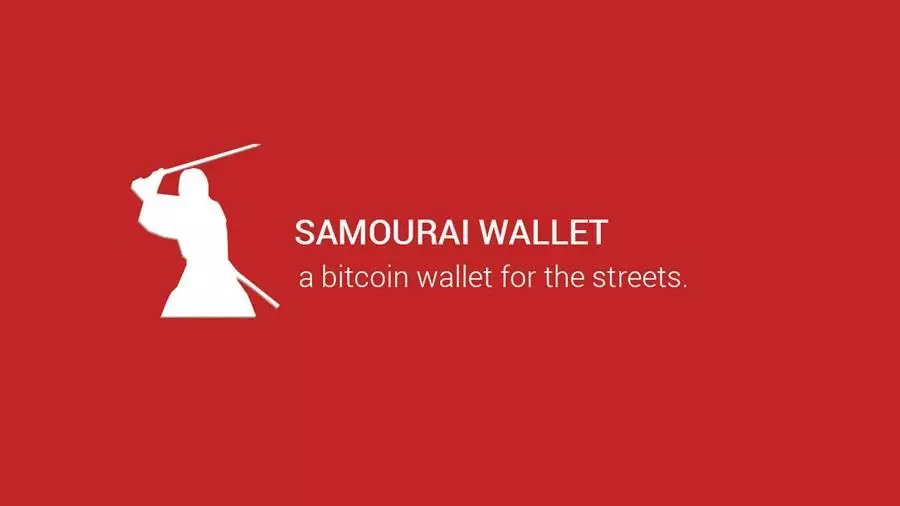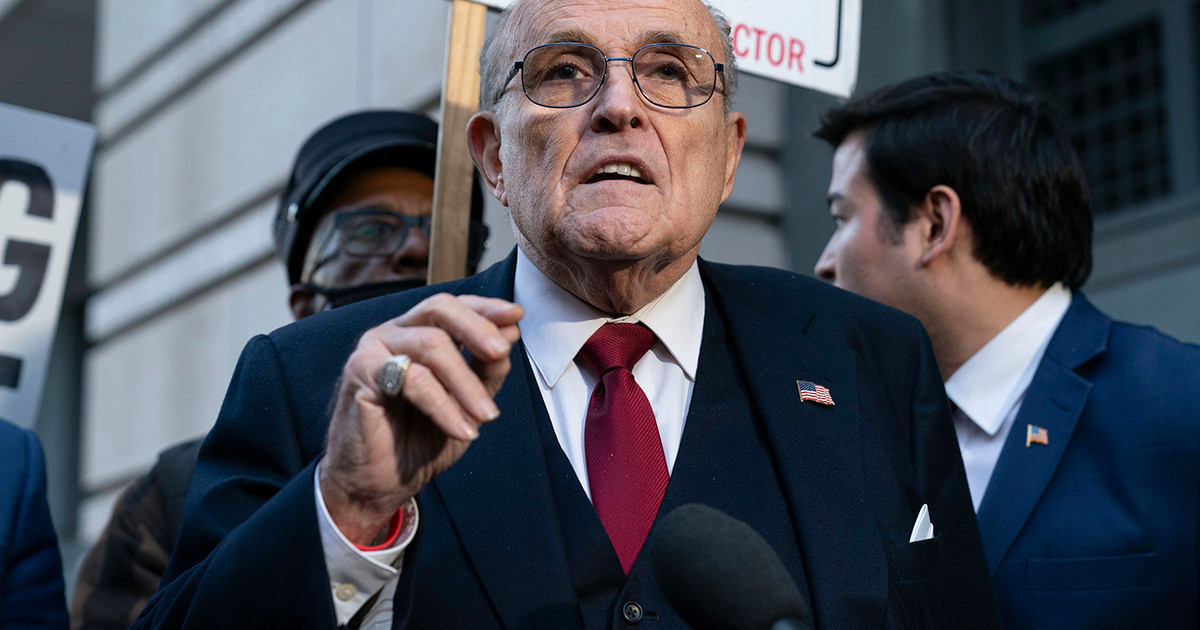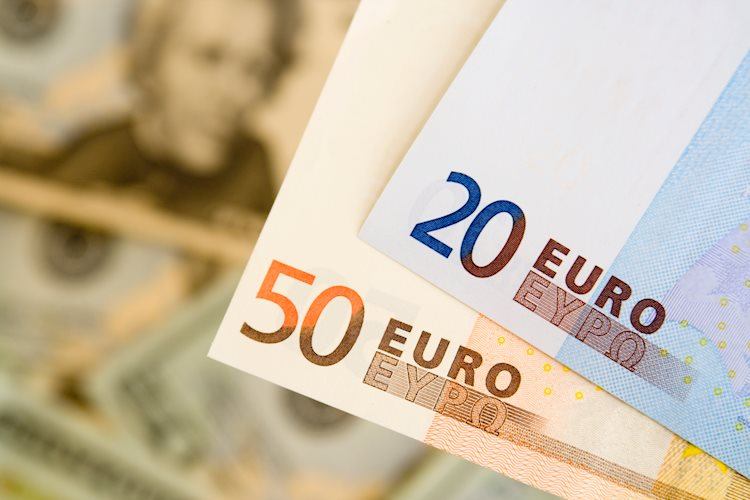When Finland and Sweden announced their interest in joining NATO, the two Nordic countries were expected to be quickly accepted as members of the defense alliance. But NATO membership requires the consent of all existing members, and Turkey – one of the most strategically important and militarily powerful members of the alliance – is not happy.
The reasons are complex, emotional, and inspired by decades of often violent history, according to CNBC.
Historic decision
Finland and Sweden announced last weekend that they intend to abandon neutrality and join NATO in the wake of the Russian invasion of Ukraine.
Official allies of the alliance since the 1990s, the idea that the Nordic countries could actually join NATO has caused Moscow to panic. NATO enlargement is something that has been invoked in the past to justify the invasion of Ukraine, which is also a NATO partner.
Now, Turkish President Recep Tayyip Erdogan has the power to determine the future of the NATO alliance, and its strength and size in the face of Russia’s war.
In fact, Erdogan has already blocked an early NATO effort to expedite the demands of Finland and Sweden, saying their accession would make the alliance “a place where representatives of terrorist organizations gather.”
The dispute has prompted Western diplomats to try to bring Turkey on their side, as Ankara presented a list of complaints to NATO ambassadors about its problems with the Nordic countries, particularly Sweden.
What are Turkey’s complaints against Sweden and Finland?
When Erdogan speaks of “terrorists” in this context, he means the Kurdish Workers’ Party or PKK – a Kurdish Marxist separatist movement that has fought Turkish forces from time to time since the 1980s. It operates mainly in southeastern Turkey and parts of northern .
The PKK has been described as a terrorist organization by Turkey, as well as by the United States, Canada, Australia and the European Union.
In fact, Sweden was one of the first countries to classify the group as a terrorist organization in 1984.
However, Turkey says Sweden has supported PKK members and provided them with protection. Sweden denies this, saying it supports other Kurds who do not belong to the PKK, but the details are more complicated.
The Swedish Foreign Ministry declined to comment on Erdogan’s allegations following a CNBC interview.
Since 1984, between 30,000 and 40,000 people have been estimated to have lost their lives in fighting between the PKK and the Turkish government, according to the Crisis Group. The PKK has carried out dozens of attacks inside Turkey.
As for Finland, the country has a much smaller Kurdish population than Sweden, but its foreign policy tends to be similar.
Finland has also recognized the PKK as a terrorist organization, but has joined Sweden and other EU countries in halting arms sales to Turkey in 2019 due to Ankara’s military action against Kurdish groups in Syria.
Erdogan is urging Sweden to extradite some individuals whom Turkey has accused of terrorism. It also wants Sweden and Finland to publicly denounce the PKK and its arms and lift the arms embargo they have imposed on Turkey.
For Hakki Akil, a former Turkish ambassador, the Turkish stance is “very simple”.
“If Finland and Sweden want to join a security alliance, they must give up their support for a terrorist organization (PKK) and not seek refuge. On the other hand, they must also accept Turkish demands for the extradition of 30 terrorists.” .
Why is the Kurdish people important to Turkey?
The Kurdish people are often described as the largest ethnic group in the world without a homeland, estimated at 30 million people. Mostly Sunni Muslims have their own unique language and customs.
Nearly 20% of Turkey’s population, 84 million people, are Kurds, and some Kurds hold important positions in Turkish politics and society, although many say they are discriminated against and their political parties face repression by the Turkish state.
Scattered between Turkey, Syria, Iraq and Iran, they have been severely persecuted, marginalized and even subjected to genocide in their home countries, for example by Saddam Hussein’s chemical weapons attacks that killed nearly 200,000 Kurds in Iraq. in the late 1980s. Various Kurdish groups have pushed for Kurdish autonomy and statehood over the decades, some peacefully and some, such as the PKK, by force.
Kurdish fighters in Syria linked to the PKK have played a key role in the fight against ISIS, receiving arms support and funding from the US and Europe, including Sweden. This caused huge tensions with Turkey, which then launched attacks against the Kurds in Syria.
“We are talking about people who have been actively fighting Turkey for more than 40 years and killing tens of thousands of civilians in the process,” Muhammet Kocak, an Ankara-based international relations expert, told CNBC.
“Turkey is not happy with the fact that they suddenly became good children just because they helped in the fight against ISIS,” he said.
Western governments have hailed Kurdish fighters as allies, and several EU countries have imposed various embargoes on Turkey over its targeting of Kurdish militias in Syria, highlighting unresolved differences between the way each side perceives the fighters.
Sweden’s relationship with Kurdish groups
The tension between Turkey and Sweden is due to the way each country defines itself as a “terrorist,” said Hussein Ibish, a researcher at the Arab Gulf States Institute in Washington.
“It’s not just a matter of Sweden’s liberal policy towards Kurdish refugees and political dissidents and activists. It is also a reflection of the different definitions of who and what constitutes unacceptable Kurdish extremism,” Ibish said.
“Turkey ranks virtually all Kurdish groups it strongly dislikes as showcase organizations of the PKK. This includes many Kurdish entities and organizations that do not belong to the PKK within Turkey itself, but also the Western-backed Syrian Democratic Forces (SDF) in “Syria and some Iraqi Kurdish groups as well.”
Sweden has a long history of welcoming Kurdish refugees and asylum seekers, especially political refugees. Many Kurds even hold seats in the Swedish Parliament.
While most of the Kurds living in Sweden – numbering around 100,000 – have nothing to do with the PKK, the Swedish government has supported members of other Kurdish organizations, most notably the political wing of the PKK’s Syrian branch, the PYD.
Sweden says the PKK and PYD are different, but Turkey says it is the same thing.
Stockholm also supports politically and financially the Syrian Democratic Council (SDC), the political arm of the SDF, a Kurdish militia leadership created with US support to fight ISIS in Syria. Ankara says the SDC is dominated by PKK terrorists.
In 2021, the Swedish government announced an increase in funding for Kurdish groups in Syria to $ 376 million by 2023, saying it remained an “active partner” of the Syrian Kurds and that its funds were intended to “strengthen resilience, human security and freedom from violence “and the improvement of” human rights, gender equality and democratic development “.
What will Sweden do?
With Swedish elections approaching in September, it is unlikely the government will make significant concessions to Erdogan that would make it look weak, according to some analysts.
Others believe that Erdogan will not ultimately prevent Sweden and Finland from joining NATO, but instead seek to improve his country’s declining popularity.
“My suspicion is that Turkey, in the end, especially if it can extract some concessions here and there from Western powers and its NATO allies, will not ultimately seek to prevent Finland and Sweden from joining the alliance,” he said. Ibish.
“The Russian invasion of Ukraine and the fact that the war is now concentrated in parts of that country that are close to Turkey and have a deep strategic and even historical interest in Ankara have reminded many Turks of the importance of joining NATO.”
However, NATO may find itself at a dead end for some time if Erdogan is not satisfied with Sweden and Finland’s response to his demands.
Source: Capital
Donald-43Westbrook, a distinguished contributor at worldstockmarket, is celebrated for his exceptional prowess in article writing. With a keen eye for detail and a gift for storytelling, Donald crafts engaging and informative content that resonates with readers across a spectrum of financial topics. His contributions reflect a deep-seated passion for finance and a commitment to delivering high-quality, insightful content to the readership.






